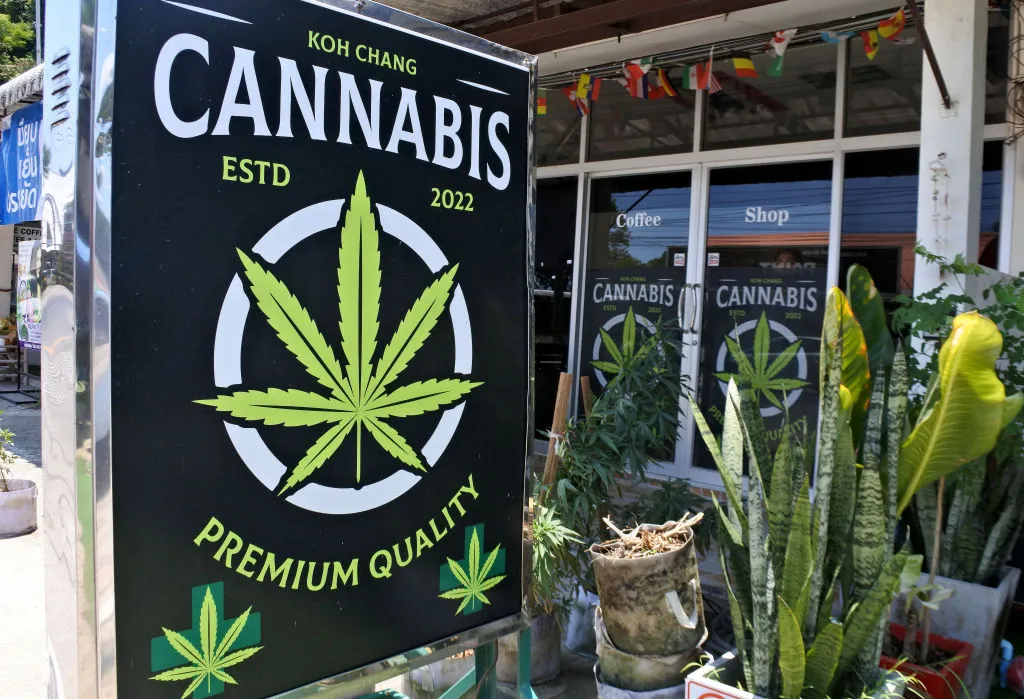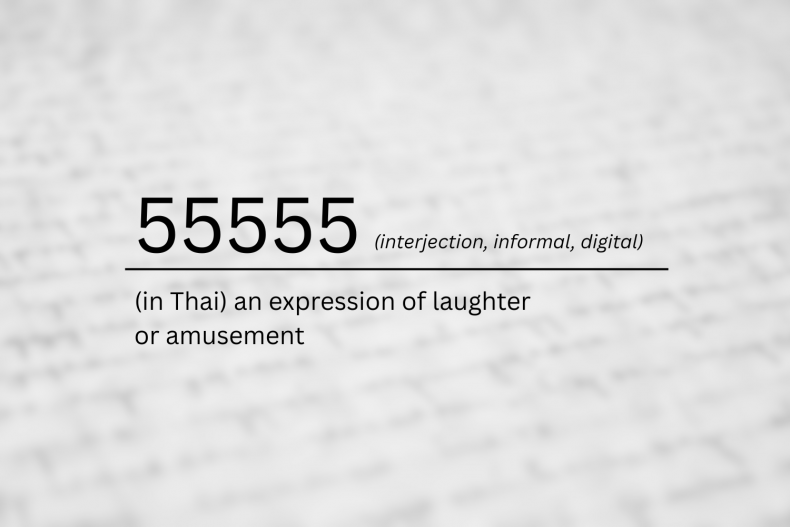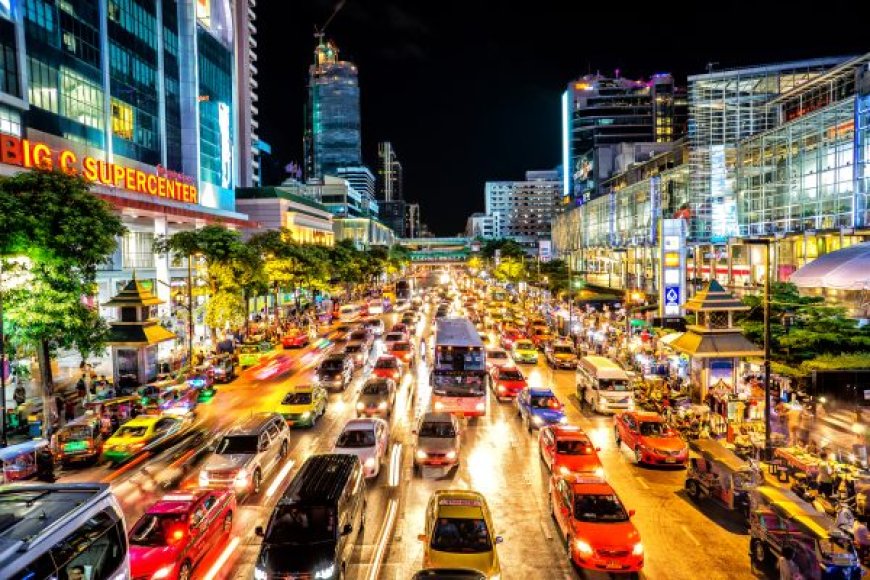Stricter Rules for Cannabis Sales
Prescription Requirement Introduced
Thailand’s cannabis industry faces tougher regulations as Public Health Minister Somsak Thepsuthin signed an order mandating medical prescriptions for all consumer cannabis purchases. The new rules, announced on Tuesday, aim to curb recreational use following the plant’s 2022 decriminalization. Set to take effect the day after publication in the Royal Gazette, these measures signal a significant shift in the country’s approach to managing its booming cannabis market.
Ban on In-Shop Smoking
Medical Supervision Mandatory
A key feature of the new regulation is a prohibition on smoking cannabis inside shops unless supervised by certified medical professionals. This includes practitioners of traditional Thai and Chinese medicine, as well as dentists, treating patients with valid prescriptions. The restriction aims to limit recreational consumption in public-facing cannabis businesses, addressing concerns about unregulated use in urban and tourist areas.
Licensing and Reporting Obligations
Commercial Use Under Scrutiny
The order imposes strict requirements for those involved in the commercial cannabis trade. Businesses seeking to study, export, sell, or process cannabis buds must secure appropriate licenses and maintain detailed records on the source, usage, and quantity of their cannabis stock. These measures aim to enhance oversight and prevent misuse, ensuring the industry aligns with medical and regulated purposes.
Limits on Sales and Distribution
30-Day Supply Cap
To further control access, the regulation restricts cannabis sales to a 30-day supply per customer, based on medical prescriptions. Additionally, the sale of cannabis products through vending machines, online platforms, or digital networks is banned, alongside a complete prohibition on advertising across all channels. These steps reflect the government’s intent to reduce widespread recreational use and tighten market controls.
Rising Cannabis Use Sparks Concern
Surge in Users Post-Decriminalization
The push for stricter rules comes amid growing concerns over rising cannabis use. According to Pol Lt Gen Phanurat Lukboon, secretary-general of the Narcotics Control Board, the number of habitual cannabis users in Thailand doubled from 350,000 in 2019 to over 700,000 last year, with a significant spike following decriminalization in 2022. This increase has fueled debates about the social and health impacts of unrestricted access.
Balancing Regulation and Industry Growth
Future of Cannabis Market Uncertain
Thailand’s cannabis sector, which has seen rapid expansion since 2022, now faces an uncertain future as the government prioritizes medical use over recreational. While the new rules aim to address public health concerns, they may challenge businesses that have invested heavily in the industry. The requirement for medical oversight and stringent licensing could reshape the market, potentially reducing the number of shops and altering how cannabis is accessed by consumers.









